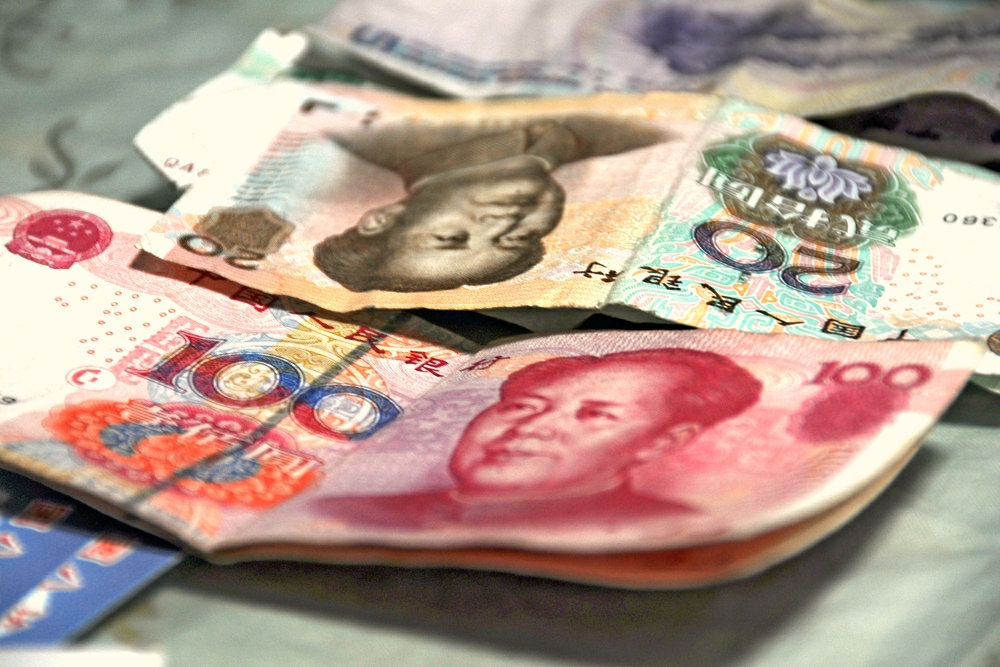For many years, Chinese municipalities could not independently enter the debt markets, and so they had to create special financial organizations. Money was needed to finance infrastructure projects and achieve targeted growth rates of GDP. These organizations have become the main source of funding for projects and a key driver of economic growth.
But by the end of 2017, the debt of such companies reached 60% of China’s GDP. And its further growth will lead to their default, warns S&P. “In some cities there are already hundreds of such financial institutions,” says S&P analyst Richard Langberg. In his opinion, the default of small organizations can be allowed: "But if they allow a large collapse, it is not known what this will lead to."
This year, China allowed municipalities to issue bonds to solve the problem of their off-balance sheet loans. The government is also trying to implement strict banking reforms that will reduce access to off-balance sheet loans.
But these financial organizations continued to actively borrow money. It is difficult to assess such municipal debts, S&P notes: most of their loans are hidden behind the balance sheet. The real size of the debt can be many times higher than official estimates.
According to Moody’s, the debt of municipal financial organizations at the end of August exceeded $ 8.5 trillion. “This is only an approximate level of hidden debt burden of Chinese municipalities,” said Moody’s analyst Amanda Du.
Some financial organizations of municipalities have already found themselves in a difficult situation. Xinjiang Production Construction 6th Shi, which belongs to one of the municipalities, in August, defaulted on short-term debt securities for 500 million yuan ($ 73 million). This raised doubts that the government would support other such organizations.
Combating such financing could slow China’s economic growth. According to the consensus forecast of analysts surveyed by Reuters, the country's GDP growth rate in the third quarter will be 6.6%. Official figures will be published on Friday. However, even without this, it is expected that the growth rate of the Chinese economy will decline in the coming years. Another factor slowing down the economy is the trade war with the United States, which will have a negative impact on the economy.
source: ft.com
But by the end of 2017, the debt of such companies reached 60% of China’s GDP. And its further growth will lead to their default, warns S&P. “In some cities there are already hundreds of such financial institutions,” says S&P analyst Richard Langberg. In his opinion, the default of small organizations can be allowed: "But if they allow a large collapse, it is not known what this will lead to."
This year, China allowed municipalities to issue bonds to solve the problem of their off-balance sheet loans. The government is also trying to implement strict banking reforms that will reduce access to off-balance sheet loans.
But these financial organizations continued to actively borrow money. It is difficult to assess such municipal debts, S&P notes: most of their loans are hidden behind the balance sheet. The real size of the debt can be many times higher than official estimates.
According to Moody’s, the debt of municipal financial organizations at the end of August exceeded $ 8.5 trillion. “This is only an approximate level of hidden debt burden of Chinese municipalities,” said Moody’s analyst Amanda Du.
Some financial organizations of municipalities have already found themselves in a difficult situation. Xinjiang Production Construction 6th Shi, which belongs to one of the municipalities, in August, defaulted on short-term debt securities for 500 million yuan ($ 73 million). This raised doubts that the government would support other such organizations.
Combating such financing could slow China’s economic growth. According to the consensus forecast of analysts surveyed by Reuters, the country's GDP growth rate in the third quarter will be 6.6%. Official figures will be published on Friday. However, even without this, it is expected that the growth rate of the Chinese economy will decline in the coming years. Another factor slowing down the economy is the trade war with the United States, which will have a negative impact on the economy.
source: ft.com





